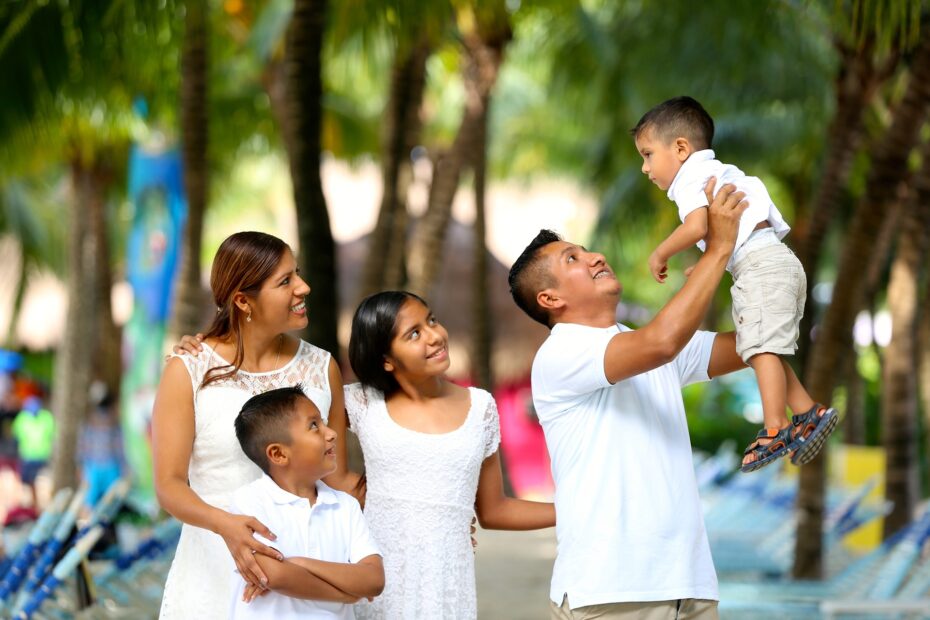By Susan Ciancio
In a recent episode of the Catechism in a Year podcast, Fr. Mike Schmitz lamented, “No one seems to talk about sin anymore.”
It’s true. We go to Mass and we hear watered down sermons that teach us to be kind to others or that explain a bit of the readings, but we rarely hear about sin or about Catholic teaching. However, this past weekend at Mass, I was pleasantly surprised to hear the priest give a sermon about the Commandments and about sin. In fact, when he got to the 5th Commandment that prohibits murder, he cautioned everyone to remember the euphemisms we use for murder, like abortion and euthanasia.
This seemed to wake up the congregation, as people began murmuring. But they weren’t murmuring in disgust; rather, they seemed impressed that he was brave enough to articulate this truth.
Priests like this one are crucial in today’s world. However, it is also incumbent upon us to not only exhibit that same moral courage but to foster it in our children.
Sin and evil are ubiquitous. We may ignore them, but we cannot deny that they are all around us in many—often inviting—forms. Yet when we don’t speak out against the evils of today, we are silently complicit in them. By doing nothing, we allow evil to continue.
Don’t you think that the evil one is just as gleeful when we sit back and do nothing as he is when we actively harm someone? Of course he is. That is because the more people do nothing, the more people do nothing. What could be more pleasing to him than that?
So we must strengthen our resolve to not only act as Christ would have but to learn about and live our faith openly and proudly. If we feel afraid to stand up for preborn babies, for the sick, or for the elderly, we are telling them—and the world—that they don’t matter.
If we help perpetuate lies that deny the existence of the preborn baby or that deny that there are just two sexes (barring some chromosomal abnormality), then we are responsible for the damage done to our children and to society.
Our children need strong moral leaders—and that begins at home. As parents, we are our children’s first and most important teachers, and the most valuable thing we can give them is our faith. They may not understand the significance when they are young, but we must keep teaching and we must keep talking, even if it seems like they barely listen, for one of the most heartbreaking things to endure as a parent is witnessing a child leave the faith.
Further, if we don’t stand up for the vulnerable, how will our children ever learn to do so? They are living in a “you do you” world where confusion about bodies and sexuality abound. Failure to teach them the truths of the faith and of science means failing them personally.
That’s why education is key—for us and for our children. We need to understand what constitutes sinful behavior, and we then need to teach that to them.
Do they know the difference between venial and mortal sins? Do they know that not only is it sinful to steal something, but it’s sinful to laugh maliciously at a sibling or the lonely kid in school, to say God’s name in vain, to poison their bodies with drugs, and to miss Mass? If not, they should know! It’s our job to teach them.
The secular world has tentacles everywhere—in schools, on college campuses, on social media, and on TV. To counter this, we must keep our faith alive by showing our children its beauty and by encouraging them to live their faith openly.
Our children’s souls are at stake, and there is no more loving an act than to share the fullness of the faith with the ones we love most in this world so they can courageously share it with others.
